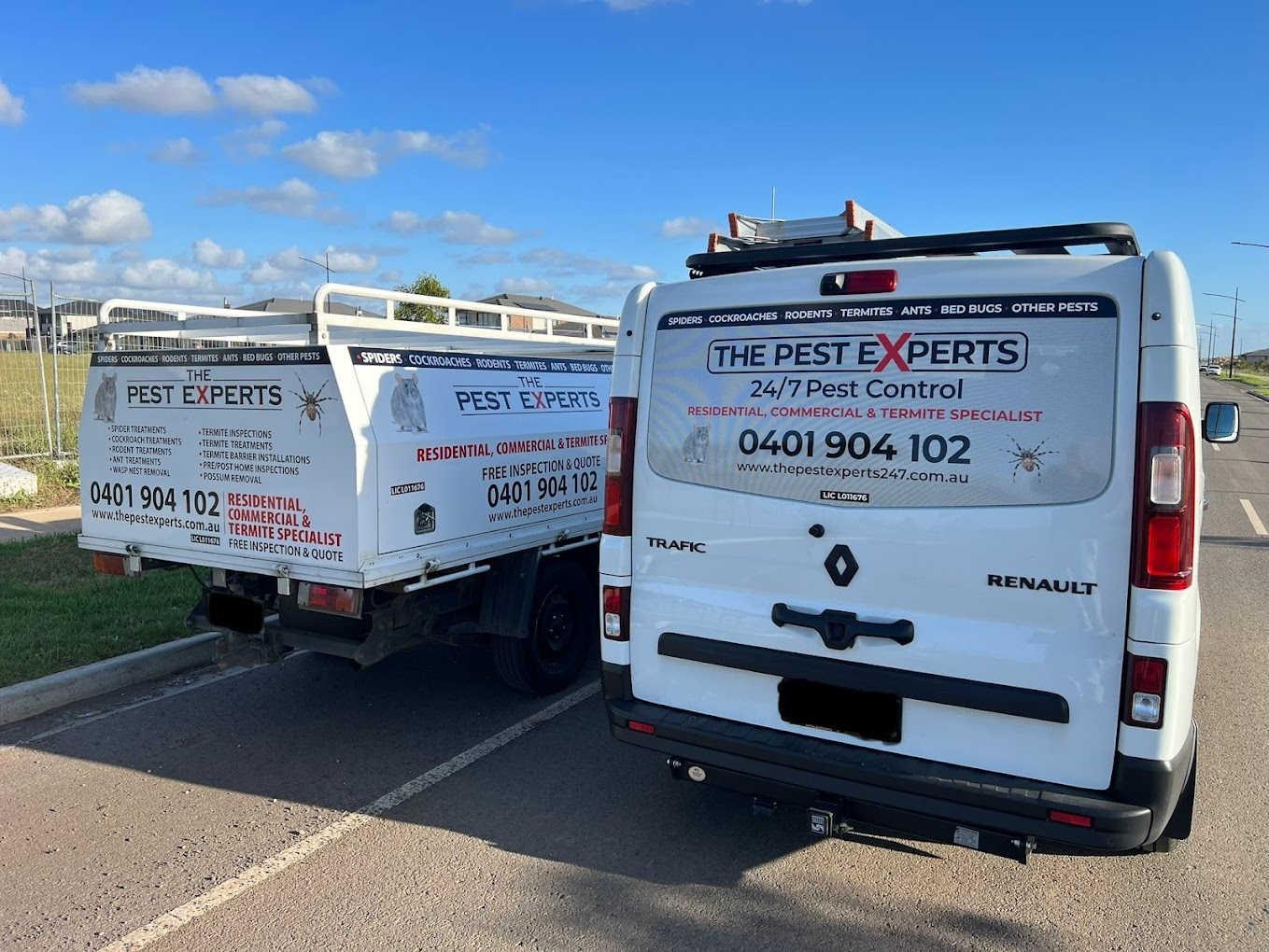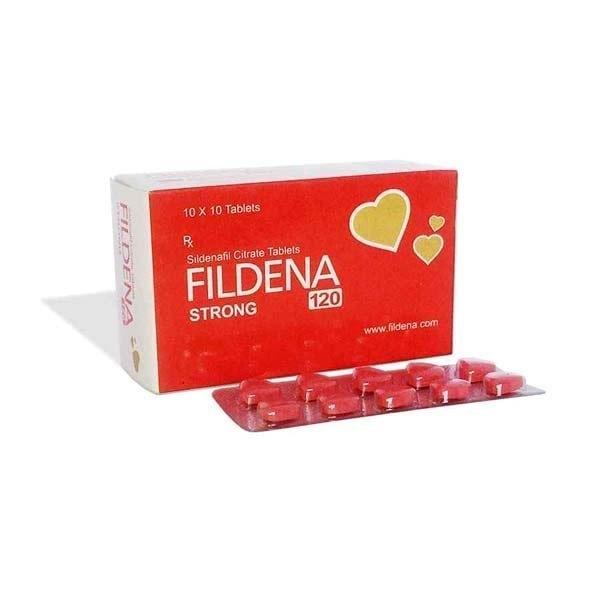إعلان مُمول
Rodent Risks in Warehouses and Storage Units

Warehouses and storage units are essential to smooth business operations, serving as hubs for inventory, raw materials, and finished goods. Yet, these facilities are particularly vulnerable to rodent infestations. Business rodents, such as rats and mice, pose serious risks, not only damaging stock but also compromising hygiene and safety standards. Left unchecked, infestations can result in significant financial losses and operational disruptions. Understanding the risks and taking proactive measures is critical for any business owner managing storage spaces in Melbourne and Regional Victoria.
How Rodents Damage Stock and Packaging
Rodents are notorious for chewing through almost anything, including cardboard boxes, plastic packaging, and even electrical wiring. In a warehouse environment, the impact is magnified due to the scale of stored goods. Rodent gnawing can tear open packaging, contaminating products with urine, droppings, and hair, making them unfit for sale or use.
Beyond contamination, rodents can damage machinery and infrastructure. Wires and cables are a frequent target, creating fire hazards or equipment malfunctions. Stored perishable goods such as grains, textiles, and food products are particularly at risk. The economic toll of lost inventory, replaced packaging, and downtime can be substantial, emphasizing the importance of addressing business rodents before infestations spread.
Identifying Infestation Early
Early detection is the key to preventing widespread rodent damage. Signs of a potential infestation include droppings in storage areas, gnawed packaging, damaged insulation, and unusual noises at night. Chewed wiring, footprints in dusty areas, and nesting materials like shredded paper or fabric are also telltale indicators.
Regular inspections are essential, especially in warehouses that store high volumes of goods or operate with minimal staff during off-hours. Implementing monitoring tools, such as traps or rodent bait stations, can help identify rodent activity before it escalates. Timely recognition allows businesses to implement corrective measures, reducing both economic and operational risks associated with business rodents.
Safe Rodent Management Techniques
Managing rodent infestations requires a balance between effectiveness and safety. Warehouses and storage units often house a range of products, including consumables and materials sensitive to chemical exposure. Therefore, selecting pest control solutions that are both safe and effective is essential.
Eco-friendly rodent control methods, such as bait stations with secured rodenticides, mechanical traps, and ultrasonic deterrents, can help reduce rodent populations without posing risks to humans or pets. Maintaining a clean and clutter-free environment also makes it harder for rodents to find food and shelter, discouraging nesting and breeding.
A key element of safe rodent management is targeted application. Placing traps and baits strategically along walls, near entry points, and in areas where rodent activity is detected ensures maximum impact while minimizing exposure to employees or stored goods.
Structural Protection Methods
Physical barriers and structural modifications are powerful tools in preventing rodent access to warehouses and storage units. Sealing cracks, gaps, and openings around doors, windows, and foundations can significantly reduce the risk of entry. Installing door sweeps, mesh coverings, and reinforced walls creates additional hurdles for rodents seeking shelter and food.
Regular maintenance of ventilation systems, drains, and utility access points is also crucial. Rodents are adept climbers and burrowers, exploiting even minor weaknesses in building structures. By proactively investing in structural protection methods, businesses can create an environment that is inhospitable to business rodents, reducing the need for frequent reactive measures.
Professional Warehouse Rodent Services
While in-house management is important, professional pest control services offer specialized expertise that ensures effective and sustainable rodent management. Companies like The Pest Experts – 24/7 provide comprehensive solutions tailored to warehouses and storage units.
Professional services begin with thorough inspections and risk assessments, identifying potential entry points, nesting areas, and vulnerable stock. Treatment plans are designed to be safe, efficient, and minimally disruptive to business operations. Beyond immediate removal, ongoing monitoring and preventive measures are implemented to ensure long-term protection.
With round-the-clock availability, professional services can respond quickly to urgent infestations, preventing small problems from escalating into costly emergencies. Their experience with business rodents in commercial settings ensures that both the integrity of inventory and operational continuity are maintained.
Conclusion
Rodents in warehouses and storage units are more than just a nuisance—they are a serious threat to inventory, equipment, and overall business operations. From gnawed packaging to contaminated stock and fire hazards, the risks are significant. Early detection, safe management practices, structural defenses, and professional intervention are all crucial steps in mitigating these threats.
By partnering with experienced pest control providers like The Pest Experts – 24/7, businesses in Melbourne and Regional Victoria can safeguard their storage spaces from business rodents. Proactive measures not only protect inventory and reduce financial losses but also maintain a safe and hygienic environment for staff and clients. For businesses that depend on the integrity of their stored goods, expert rodent management is an investment that pays off in security, efficiency, and peace of mind.
الأقسام
إقرأ المزيد
Fildena is a popular medication used to treat erectile dysfunction (ED) in men. It contains Sildenafil Citrate, the same active ingredient found in Viagra. Fildena helps men achieve and maintain an erection by enhancing blood flow to the penis during sexual arousal.How Does Fildena Work?Fildena works by inhibiting the enzyme phosphodiesterase type 5 (PDE5). This inhibition leads to the...

One critical facet of Miso88 is their complex infrastructure. It features a valid SSL certificate, meaning that information given between users and the internet site is encrypted. But, not totally all SSL records provide exactly the same degree of protection, and several scam sites also use free SSL certificates to look legitimate. Additionally, Miso88's WHOIS knowledge is hidden, avoiding...



